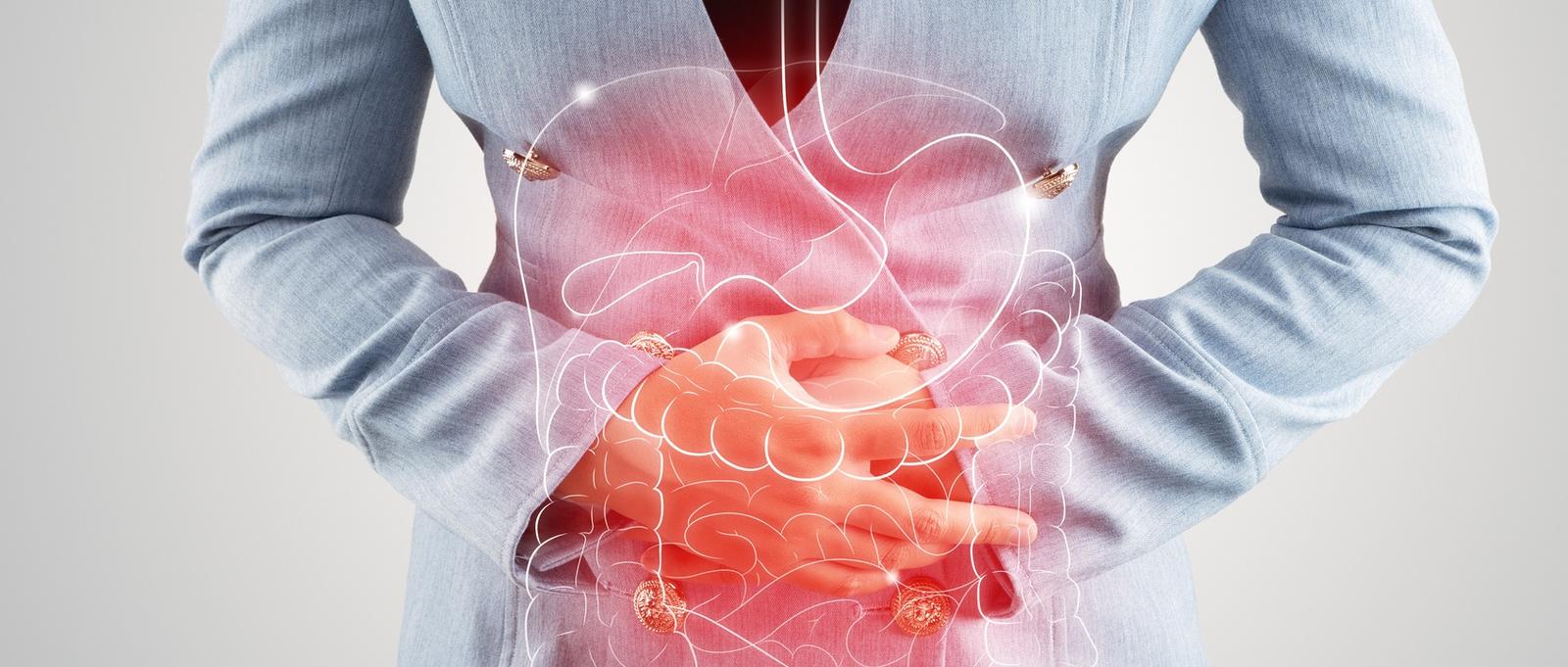
What to eat when you have gastroenteritis
Peer reviewed by Dr Krishna Vakharia, MRCGPAuthored by Amberley DavisOriginally published 30 Jan 2023
- DescargarDescargar
- Compartir
Should you eat with gastroenteritis or avoid food altogether? While it was once standard advice to starve when you have this stomach infection, health recommendations have changed in recent years. Experts now believe you should be guided by how hungry you feel. But, when it comes to gastroenteritis, there are certain foods you should keep away from.
En este artículo:
Seguir leyendo
Should you eat with gastroenteritis?
Gastroenteritis is an infection of the gut that causes unpleasant and uncomfortable symptoms, including tummy pain, diarrhoea, nausea, and vomiting.
Advice on eating with gastroenteritis has changed in recent years. Doctors used to recommend not eating at all, but now it's thought that small, light meals can do you good - the main thing is to be guided by your appetite.
Reema Patel is a London-based dietitian. She shares her advice on what to drink and eat - and what to avoid - when you have gastroenteritis.
Gastroenteritis: what to eat and drink
Clear fluids
No matter what you feel able to eat, above all else make sure you're drinking enough fluids to prevent dehydration. The vomiting and diarrhoea caused by gastroenteritis means you lose a lot of liquid.
Not peeing very much is a sign of dehydration, as is urine that has a strong yellow tint as opposed to being clear in colour. While nausea is a very common symptom of gastroenteritis, light-headedness and dizziness can also be caused by dehydration.
Patel recommends clear fluids such as water, broth, coconut water and herbal teas. You may also try oral rehydration solution drinks, which will help replace electrolytes - important salts and minerals lost through vomiting and diarrhoea. Sports drinks also do this - "but keep in mind that the latter can be high in added sugars", warns the dietitian.
A word of caution: drinking a lot of liquid too quickly could make your nausea and vomiting worse, so aim for lots of little sips over a couple of hours.
Peppermint tea
"As well as being a tool for rehydration, peppermint can also help reduce nausea," says Patel. She adds that, if you're not a fan of peppermint tea, you can use peppermint oil instead during breathing exercises.
One study of 100 participants1 found that peppermint oil aromatherapy was significantly effective in easing nausea and reducing vomiting - if used as a stand-alone treatment and when used alongside anti-sickness medication.
Elección del paciente Dolor abdominal

Salud digestiva
Cómo afrontar una gastroenteritis
La gastroenteritis es una infección intestinal que provoca malestar, diarrea, calambres abdominales y otros síntomas. Estos síntomas no suelen ser perjudiciales, pero pueden ser debilitantes, por lo que el autocuidado es esencial durante la recuperación. A continuación veremos las mejores formas de recuperarse de una gastroenteritis.
por Victoria Raw

Salud digestiva
Adenitis mesentérica
Mesenteric adenitis means swollen (inflamed) lymph glands in the tummy (abdomen), which causes tummy pain. It is sometimes called mesenteric lymphadenitis. The mesentery is the part of the tummy where the glands are located. Adenitis means inflamed lymph glands.
por el Dr. Doug McKechnie, MRCGP
Easy to digest, plain foods
When it comes to what to eat with gastroenteritis, think bland, easy to digest foods. Anything rich or spicy isn't likely to go down well, as this tends to irritate the stomach during this illness.
Patel advises eating foods that can be easily and quickly digested by the body, to provide energy without causing stomach upset. Her examples include:
Crackers.
Dry cereal.
Plain potatoes.
Bananas.
Plain toast.
Pretzels.
Just as you should drink in small sips, only attempt to eat small amounts of food at frequent intervals. If you feel sick while eating, listen to your body and stop.
Jengibre
Ginger is one spice that you may want to make an exception for. Like peppermint, ginger is also an effective remedy for nausea and vomiting2.
"Steep some ginger in hot water for a comforting ginger tea. Alternatively, have some soup that contains grated fresh ginger," says the dietitian.
Seguir leyendo
Foods to avoid with gastroenteritis
You should avoid certain foods, as these can irritate your stomach and make you feel even more sick. According to Patel, highly seasoned foods, spicy foods, and fatty foods are off the menu, due to how difficult they are to digest. Coffee and other caffeine-based beverages are also a bad idea:
"Caffeine can affect your sleep quality, and also possibly interfere with digestion and increase your risk of diarrhoea," says Patel.
If you're usually a lover of coffee or rich, spicy foods, the chances are you won't be tempted by them while you have gastroenteritis. Your appetite tends to reflect what your digestive system can handle. This said, when you're on the mend and your appetite starts to return, it's good to remain cautious with what you eat.
Para saber más
Historia del artículo
La información de esta página ha sido revisada por médicos cualificados.
30 Jan 2023 | Originally published
Autores:
Amberley DavisRevisado por expertos
Dr. Krishna Vakharia, MRCGP

Pregunte, comparta, conecte.
Explore debates, formule preguntas y comparta experiencias sobre cientos de temas de salud.

¿Se encuentra mal?
Evalúe sus síntomas en línea de forma gratuita